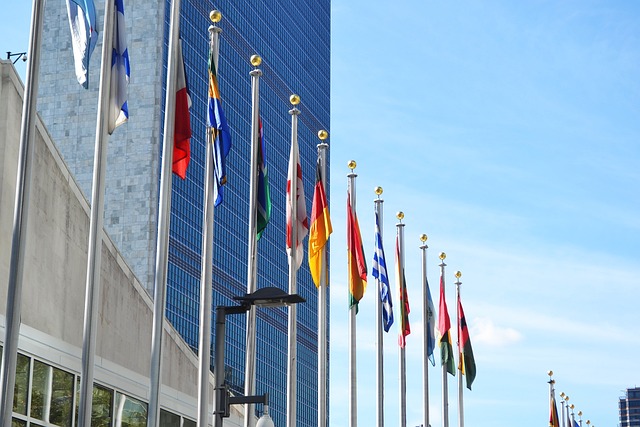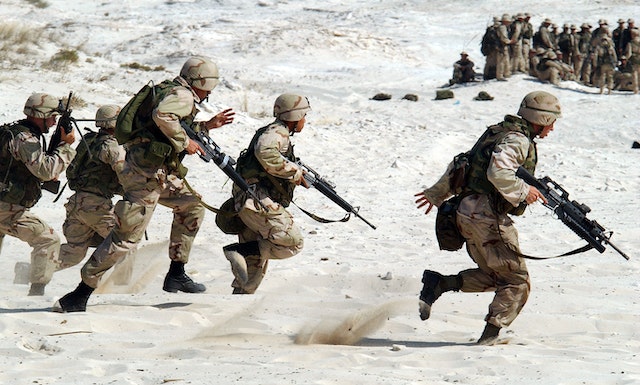Rev. José Mario O Mandía
jmom.honlam.org
The fifth commandment does not only cover external actions. Our Lord Jesus Christ “proclaimed ‘Blessed are the peacemakers’ (Matthew 5:9). He called for peace of heart and denounced the immorality of anger which is a desire for revenge for some evil suffered. He also denounced hatred which leads one to wish evil on one’s neighbor. These attitudes, if voluntary and consented to in matters of great importance, are mortal sins against charity” (CCCC 480).
When there is peace in our hearts, a peace that is won through the struggle against our disorderly desire for power, pleasure and possessions, then peace in the family, in society and in the world at large ensues.
“Peace in this world, which is required for the respect and development of human life, is not simply the absence of war or a balance of power between adversaries. It is ‘the tranquility of order’ (Saint Augustine), ‘the work of justice’ (Isaiah 32:17) and the effect of charity. Earthly peace is the image and fruit of the peace of Christ” (CCCC 481).
What does it take to achieve peace in society and the world at large? “Earthly peace requires the equal distribution and safeguarding of the goods of persons, free communication among human beings, respect for the dignity of persons and peoples, and the assiduous practice of justice and fraternity” (CCCC 482).
Sometimes, in order to preserve peace and social order, the state may have to use force. The Compendium (no 483) states: “The use of military force is morally justified when the following conditions are simultaneously present:
(1) the suffering inflicted by the aggressor must be lasting, grave and certain;
(2) all other peaceful means must have been shown to be ineffective;
(3) there are well founded prospects of success;
(4) the use of arms, especially given the power of modern weapons of mass destruction, must not produce evils graver than the evil to be eliminated.”

Who should take responsibility for evaluating whether the conditions exist or not? The CCCC (no 484) teaches that it is the government officials who should exercise “prudential judgment.” Moreover, they have “the right to impose on citizens the obligation of national defense.”
Can a citizen refuse to serve in the army if he is asked by the government? The same point of the CCCC teaches: “The personal right to conscientious objection makes an exception to this obligation which should then be carried out by another form of service to the human community.”
Does the moral law to defend life still hold during times of war? Indeed, it does. “Even during a war the moral law always remains valid. It requires the humane treatment of non-combatants, wounded soldiers and prisoners of war. Deliberate actions contrary to the law of nations, and the orders that command such actions are crimes, which blind obedience does not excuse. Acts of mass destruction must be condemned and likewise the extermination of peoples or ethnic minorities, which are most grievous sins. One is morally bound to resist the orders that command such acts” (CCCC 485).
Even if war can be a morally correct solution, the CCCC (no 486) warns: “Because of the evils and injustices that all war brings with it, we must do everything reasonably possible to avoid it. To this end it is particularly important to avoid: the accumulation and sale of arms which are not regulated by the legitimate authorities; all forms of economic and social injustice; ethnic and religious discrimination; envy, mistrust, pride and the spirit of revenge. Everything done to overcome these and other disorders contributes to building up peace and avoiding war.”
(Main image: Defence-Imagery@pixabay.com)


 Follow
Follow


